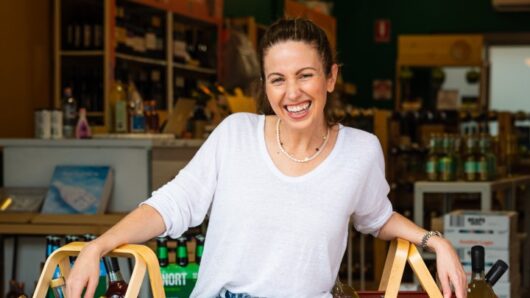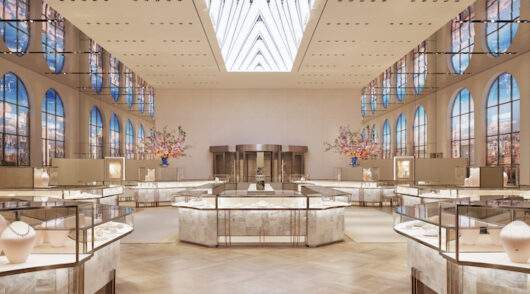The first thing you need to know about Alibaba’s annual 11.11 Global Shopping Festival is that it’s the biggest online shopping event in the world. And this year, it was bigger than ever, with over 250,000 brands, including 31,000 overseas brands, generating a total gross merchandise volume (GMV) of RMB498.2 billion (A$103.2 billion).
That’s a pretty impressive increase from Alibaba’s first 11.11 Global Shopping Festival in 2009, which had just 27 merchants. How did it become the global phenomenon that it is today, and what does it mean for Australian and New Zealand brands? Here are the key things you need to know about the event.
It’s part of Singles’ Day
Alibaba’s 11.11 Global Shopping Festival encompasses all of the company’s Singles’ Day activities. As the story goes, Singles’ Day was created by a group of university students in China as an anti-Valentine’s Day, when single people would treat themselves to gifts. The date November 11, or 11.11, was chosen to symbolise their single status. Nowadays, Singles’ Day is a global shopping event that brands and retailers around the world celebrate by slashing prices.
It’s a big opportunity for ANZ brands
With more than 800 million consumers participating in Alibaba’s 11.11 Global Shopping Festival this year, the opportunity for brands is enormous. When it comes to Australian and New Zealand brands, shoppers tend to seek out products in a few key categories, including health and wellness, mum and baby and food and wine, due to the region’s reputation for ‘clean and green’ production. New categories, such as pet food and home and living, are also becoming popular.
The best platform for ANZ brands that are new to the China market is Tmall Global, while those with a local entity and inventory can sell through the main Tmall platform. Tmall Fresh is the platform for fresh food brands, and Lazada is the major online shopping platform for Southeast Asia. Overseas brands tend to launch on one platform, and then expand to more platforms over time.
It’s all about ‘new retail’
Alibaba’s founder Jack Ma describes ‘new retail’ as the blending of online and offline shopping. While the 11.11 Global Shopping Festival started out as an online shopping event, the rise of ‘new retail’ means that many merchants now hold offline activities as well, and see a big uplift in overall sales as a result.
For instance, Chemist Warehouse leveraged its brand awareness from selling on Tmall Global to open its first bricks-and-mortar store in China last year, where it kicked off its Singles’ Day campaign with great success. The pharmacy has been Alibaba’s top international merchant for a few years running. Overall, Australia represents the fourth biggest country selling to China by GMV.
It’s increasingly driven by livestreaming
Livestreaming is a major sales driver in China. Key opinion leaders, or KOLs, share live videos of themselves demonstrating products, talking about their knowledge of different brands and taking questions from followers in a fun and entertaining way. Even city and village officials now use livestreaming to promote the specialties of their region.
Alibaba’s livestreaming platform Taobao Live is one of the main platforms used by brands and KOLs in China, and it has become an important part of the 11.11 Global Shopping Festival. During Covid-19, many KOLs teamed up with movie stars and other celebrities to drive even more traffic to Taobao Live. And this year, Alibaba enabled merchants to conduct livestreaming at their bonded warehouses for additional transparency into the supply chain.
It’s bigger than ever due to Covid-19
The combination of bricks-and-mortar store closures and international travel bans due to Covid-19 has led to a big increase in online shopping in China, and Alibaba’s 11.11 Global Shopping Festival clearly benefited from that. GMV in 2020 was 26 per cent higher than 2019.
The event also ran for longer this year than ever before, with the addition of a new sales window for new brands and small businesses from November 1-3. The idea was to give these businesses, which have been some of the hardest hit during the pandemic, an opportunity to showcase their products and tell their brand stories.
While the future of in-store shopping and international travel is uncertain, one safe bet is that online shopping is here to stay.






